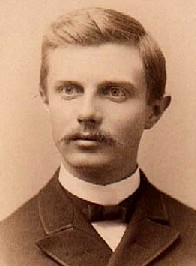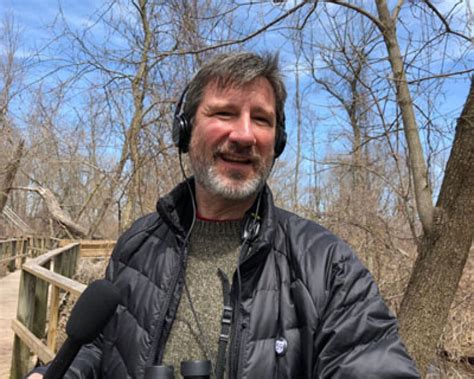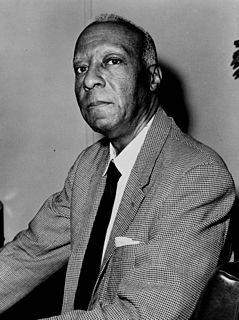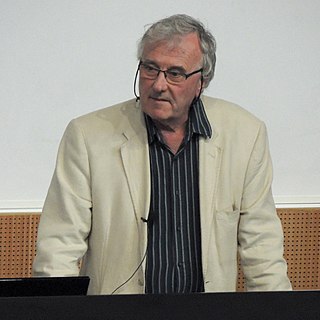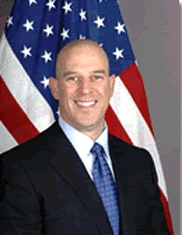Top 1200 Political Power Quotes & Sayings - Page 2
Explore popular Political Power quotes.
Last updated on December 25, 2024.
Confession frees, but power reduces one to silence; truth does not belong to the order of power, but shares an origincal affinity with freedom: traditional themes in philosophy, which a political history of truth would have to overturn by showing that truth is not by nature free--nor error servile--but that its production is thoroughly imbued with relations of power. The confession is an example of this.
New information technologies-including email, the web, and computerized blast-faxes and phone calls-have fundamentally changed the landscape of political competition in modern democracies. They've done so in three ways: by dramatically boosting the access of individuals and special interests to politically potent information, by making it easier for such people to coordinate their activities and exert political power, and by greatly increasing the pace of events within our political systems.
Political freedom means the absence of coercion of a man by his fellow men. The fundamental threat to freedom is power to coerce, be it in the hands of a monarch, a dictator, an oligarchy, or a momentary majority. The preservation of freedom requires the elimination of such concentration of power to the fullest possible extent and the dispersal and distribution of whatever power cannot be eliminated — a system of checks and balances.
No individual or private group or private organization has the legal power to initiate the use of physical force against other individuals or groups and to compel them to act against their own voluntary choice. Only a government holds that power. The nature of governmental action is: coercive action. The nature of political power is: the power to force obedience under threat of physical injury-the threat of property expropriation, imprisonment, or death.
Chief among the forces affecting political folly is lust for power, named by Tacitus as "the most flagrant of all the passions." Because it can only be satisfied by power over others, government is its favorite field of exercise. Business offers a kind of power, but only to the very successful at the top, and without the dominion and titles and red carpets and motorcycle escorts of public office.
The Sanders campaign, however, broke dramatically with over a century of U.S. political history. Extensive political science research, notably the work of Thomas Ferguson, has shown convincingly that elections are pretty much bought. For example, campaign spending alone is a remarkably good predictor of electoral success, and support of corporate power and private wealth is a virtual prerequisite even for participation in the political arena.
Power from any source tends to create an appetite for additional power. It was almost inevitable that the super-rich would one day aspire to control not only their own wealth, but the wealth of the whole world. To achieve this, they were perfectly willing to feed the ambitions of the power-hungry political conspirators who were committed to the overthrow of all existing governments and the establishment of a central worldwide dictatorship.
One way we exercise political freedom is to vote for the candidate of our choice. Another way is to use our money to try to persuade other voters to make a similar choice - that is, to contribute to our candidate's campaign. If either of these freedoms is violated, the consequences are very grave not only for the individual voter and contributor, but for the society whose free political processes depend on a wide distribution of political power.
I am interested in the political economy of institutional power relationships in transition. The question is one of "reconstructive" communities as a cultural, as well as a political, fact: how geographic communities are structured to move in the direction of the next vision, along with the question of how a larger system - given the power and cultural relationships - can move toward managing the connections between the developing communities. There are many, many hard questions here - including, obviously, ones related to ecological sustainability and climate change.
From the viewpoint of political power, culture is absolutely vital. So vital, indeed, that power cannot operate without it. It is culture, in the sense of the everyday habits and beliefs of a people, which beds power down, makes it appear natural and inevitable, turns it into spontaneous reflex and response.
Political organizations have slowly substituted themselves for the Churches as the places of believing practices, but for this very reason, they seem to have been haunted by the return of a very ancient (preChristian) and very “pagan” alliance between power and religion. It is as though now that religion has ceased to be an autonomous power (the “power of religion,” people used to say), politics has once again become religious.
Our Founding Fathers well understood that concentrated power is the enemy of liberty and the rights of man. They knew that the American experiment in individual liberty, free enterprise and republican self-government could succeed only if power were widely distributed. And since in any society social and political power flow from economic power, they saw that wealth and property would have to be widely distributed among the people of the country. The truth of this insight is immediately apparent.
Our minds tell us, and history confirms, that the great threat to freedom is the concentration of power. Government is necessary to preserve our freedom, it is an instrument through which we can exercise our freedom; yet by concentrating power in political hands, it is also a threat to freedom. Even though the men who wield this power initially be of good will and even though they be not corrupted by the power they exercise, the power will both attract and form men of a different stamp.
Museums have no political power, but they do have the possibility of influencing the political process. This is a complete change from their role in the early days of collecting and hoarding the world to one of using the collections as an archive for a changing world. This role is not merely scientifically important, but it is also a cultural necessity.
Communism is an aspiration, an aspiration is an ideal, a dream, a longing of something that would be perfect, but hard to build because it has to clash with human nature and against the egotism of humans and the egotism of the elites which usually try to guarantee their own interests above those of their nations and of their own people. But they are the ones that prevail because they have the economic power, the political power and the military power.
Liberty is not a means to a higher political end. It is itself the highest political end...liberty is the only object which benefits all alike, and provokes no sincere opposition...The danger is not that a particular class is unfit to govern. ~ Every class is unfit to govern ... Power tends to corrupt, and absolute power corrupts absolutely. Great men are almost always bad men.
The rule of God is not tyranny, for it does not partake of a political or governmental character -- it is not a rule of authority. God is not a governor of the universe, for a governor rules over those of a like nature with himself, and exercises a political and judicial power, while God exercises a creative, a preserving, and a determinative power of an altogether different kind. If I am a servant of God, I am under no tyranny; for God does not govern, but supports, sustains, and directs me.
Nevertheless, it is necessary to remember that a planned economy is not yet socialism. A planned economy as such may be accompanied by the complete enslavement of the individual. The achievement of socialism requires the solution of some extremely difficult socio-political problems: how is it possible, in view of the far-reaching centralisation of political and economic power, to prevent bureaucracy from becoming all-powerful and overweening? How can the rights of the individual be protected and therewith a democratic counterweight to the power of bureaucracy be assured?







